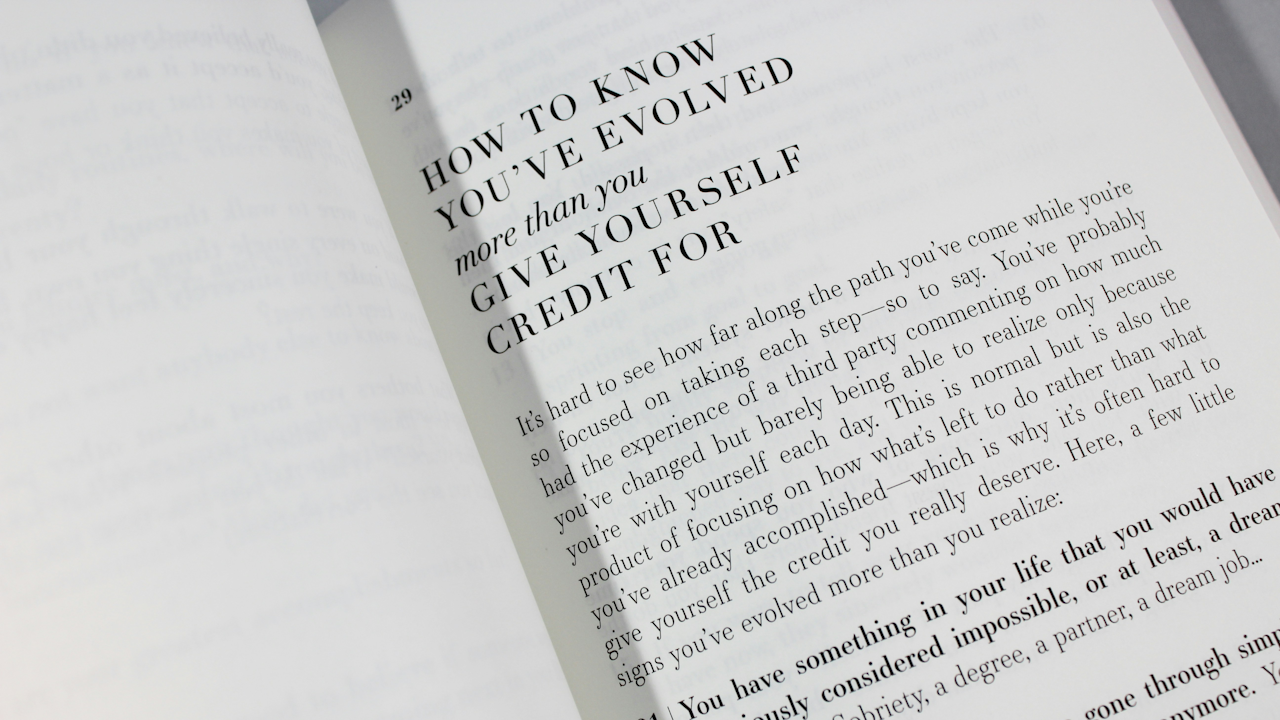Rejection, that sharp, stinging sensation, is an inevitable part of the human experience. Whether it manifests as a denied job application, a fractured relationship, or a dismissed creative endeavor, it leaves a mark, often a painful one. However, this seemingly negative experience holds within it a potent catalyst for personal growth, a transformative force that, if harnessed correctly, can propel us towards greater self-understanding and resilience. The journey from rejection to growth is not a linear one, nor is it without its challenges, but it is a path that, when navigated with intention, can lead to profound personal evolution.
The initial reaction to rejection is often one of emotional turmoil. Feelings of sadness, anger, and self-doubt are common, and it’s essential to allow oneself the space to experience these emotions fully. Suppressing them only postpones the healing process and prevents the valuable insights that can be gleaned from the experience. This period of emotional processing is crucial; it’s a time for introspection, for acknowledging the pain, and for beginning to understand the underlying reasons for the rejection. It’s not about wallowing in self-pity, but rather about allowing the emotional waves to wash over you, recognizing their presence without judgment, and allowing them to subside naturally.
Once the initial emotional storm begins to settle, the focus shifts to analysis. This is where the true work of personal growth begins. Instead of dwelling on the rejection itself, it’s vital to examine the circumstances surrounding it. What were the specific factors that contributed to the outcome? Was it a lack of preparation, a mismatch in expectations, or simply a matter of external circumstances beyond one’s control? This process of self-reflection requires honesty and a willingness to confront one’s own shortcomings. It’s about identifying areas for improvement, not to engage in self-criticism, but to gain clarity and direction for future endeavors.
A critical aspect of transforming rejection into growth is the ability to reframe the experience. Instead of viewing it as a personal failure, it can be seen as a valuable learning opportunity. Rejection provides feedback, albeit often painful feedback, that can illuminate blind spots and reveal areas where growth is needed. It’s a chance to reassess one’s goals, refine one’s strategies, and develop new skills. This reframing process requires a shift in perspective, moving from a fixed mindset, where abilities are seen as static, to a growth mindset, where challenges are viewed as opportunities for development.
Furthermore, rejection often forces us to confront our vulnerabilities and build resilience. When faced with setbacks, we are compelled to develop coping mechanisms and strategies for navigating adversity. This process strengthens our emotional fortitude and equips us with the tools to handle future challenges with greater confidence and composure. It’s through these experiences that we learn to bounce back from setbacks, to pick ourselves up and keep moving forward, even when the path ahead seems uncertain.
The journey from rejection to growth also involves cultivating self-compassion. It’s essential to treat oneself with kindness and understanding during this challenging time. Instead of engaging in self-criticism, it’s important to acknowledge that everyone experiences rejection and that it doesn’t define one’s worth. Self-compassion allows us to forgive ourselves for our mistakes, to learn from them, and to move forward with a renewed sense of self-acceptance.
Moreover, rejection can serve as a powerful motivator. It can ignite a fire within us, driving us to prove ourselves and to pursue our goals with renewed determination. It can push us to step outside our comfort zones, to take risks, and to embrace new challenges. This drive, fueled by the desire to overcome adversity, can lead to remarkable personal and professional achievements.
Finally, the process of turning rejection into growth is not a solitary one. Seeking support from trusted friends, family members, or mentors can provide invaluable guidance and encouragement. Sharing one’s experiences and feelings can help to alleviate the burden of rejection and offer new perspectives. It also connects us to our shared humanity, reminding us that we are not alone in our struggles.
In essence, rejection, while painful, is an integral part of the human experience. Its transformative power lies in our ability to learn from it, to grow from it, and to use it as a catalyst for personal evolution. By embracing the emotional journey, analyzing the circumstances, reframing the experience, cultivating self-compassion, and seeking support, we can turn rejection into a powerful force for personal growth, ultimately leading to a more resilient, self-aware, and fulfilling life.


